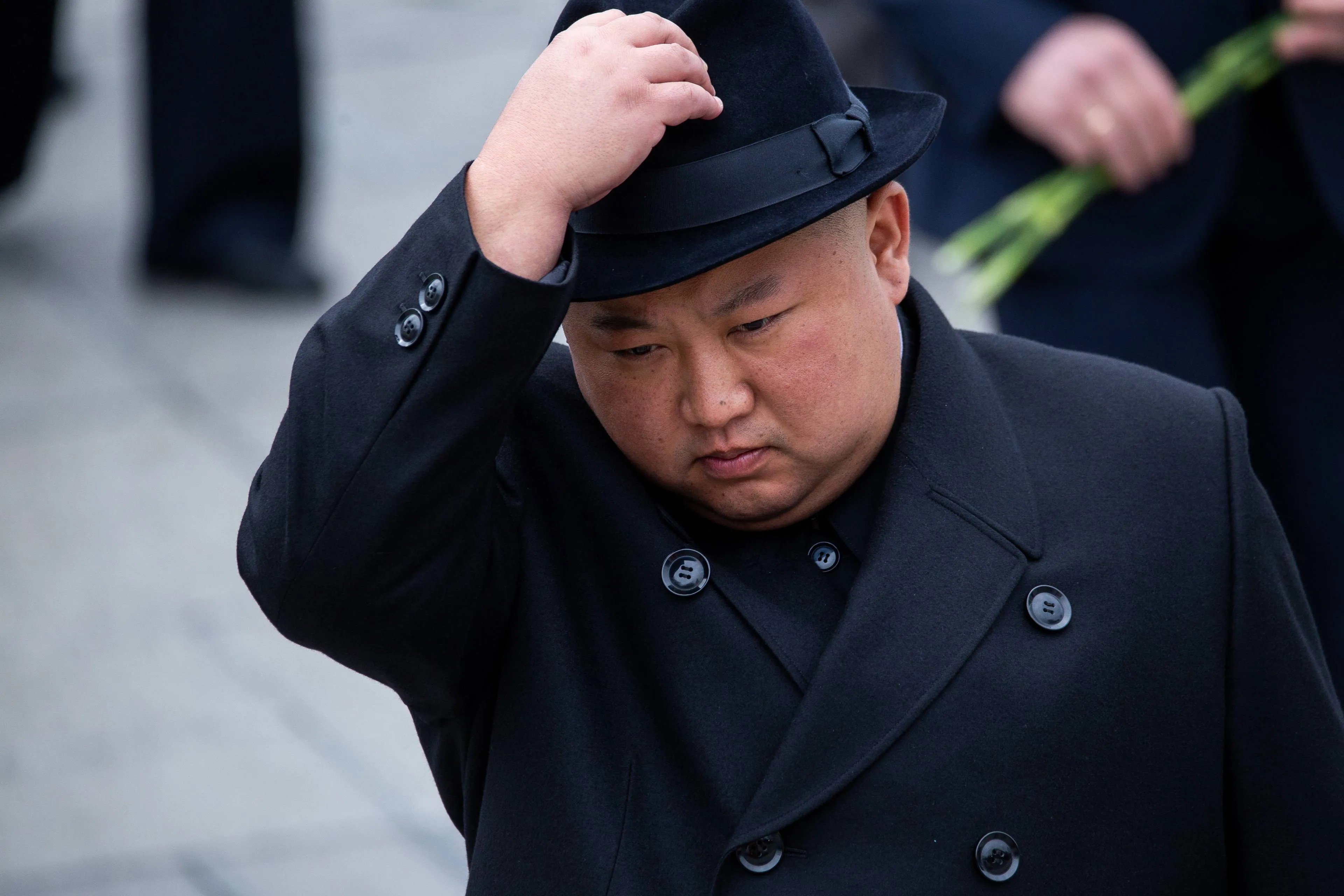BBC: propagandist en inquisiteur van opwarmingsmantra
BBC-enquête in Azië kost Britse belastingbetaler £519 000. Bovendien wenst BBC klimaatsceptici te censureren.
In de 'Mail Online' onthult David Rose het nieuwste voorbeeld van BBCpropaganda voor het klimaatbeleid. Maar nog ernstiger is de aankondiging dat klimaatsceptici vortaan dienen te worden gecensureerd.
David Rose:
BBC spends £500k to ask 33,000 Asians 5,000 miles from UK what they think of climate change: Corporation savaged for 'astonishing' campaign survey on global warming.
The BBC has been savaged for its 'astonishing' campaign survey on global warming
The BBC has spent hundreds of thousands of pounds of taxpayers money asking 33,000 people in Asian countries how climate change is affecting them.
The £519,000 campaigning survey by little-known BBC Media Action is designed to persuade the world to adopt more hard-line policies to combat global warming.
It was immediately condemned yesterday as a flagrant abuse of the Corporations rules on impartiality and a spectacular waste of money by a top academic expert. ...
Every year, BBC Media Action gets £22.2?million from the taxpayer via the Foreign Office and Department for International Development.
Its climate survey, published this month, is called From The Ground Up: Changing The Conversation On Climate Change. In it, farmers and villagers in India, China, Vietnam, Nepal, Pakistan and Indonesia were asked how climate change was affecting their lives already and about their future concerns.
They described less predictable rainfall, droughts, declining harvests and an increase in respiratory disease caused by dustier soil, and blamed them on global warming.
The survey does not clarify whether these descriptions are supported by data, nor whether climate change is indeed the cause. It also includes graphs showing a steep rise in global temperatures but they end abruptly in 2000, when temperatures stopped rising at all.
The report ends with advice, apparently written for climate activists: Do not talk about scientific or technical abstractions. Talk about the problems they face in their daily lives Speak in language that makes sense to people in terms of how they experience climate change.
John Whittingdale, chairman of the Commons Select Committee on Media and Culture, said last night he was astonished to see the BBC involved with a survey of this kind.
He added: The BBC brand carries with it a huge reputation for impartiality and objectivity. Even though this is not a mainstream, licence-fee-funded activity, for the BBC to attach its label to something which is so politically controversial is unwise.
The BBC has already been attacked for paying too little attention to climate change sceptics, and this bears those criticisms out.
Richard Tol, professor of economics at Sussex University and a leading authority on climate change impacts, said the BBC would have been better advised to invest this money in proper research.
He said the surveys assertions are often contradicted by more reliable sources. He said: Objective data do not corroborate the surveys reported impacts on health, droughts, predictability of rainfall, and crop yields. Attribution of any of these effects to climate change is by and large beyond the current level of scientific knowledge.
Prof Tol was one of the co-ordinating lead authors of a report on the consequences of warming by the UN Intergovernmental Panel on Climate Change in March.
Prof Tol said the survey results were academically worthless: Interviewing 30,000 people across six countries is expensive, and cannot tell us much previous research has shown peoples recollection of past weather and climate is very unreliable, and peoples attribution of observations to causes is worse. ...
Maar nóg ernstiger is het feit dat de leiding van de BBC het kennelijk nodig vindt om uitspraken van klimaatsceptici te censureren.
Onder de titel, 'Bosses rule climate change 'sceptic' Lawson should have been censored by R4', schrijft David Rose:
The BBC has ruled that a radio debate about climate change involving former Chancellor of the Exchequer Lord Lawson should have been censored as he did not agree with flawed global warming computer predictions.
The move has huge implications for future coverage, implying that sceptics will be gagged.
And it has been widely condemned by MPs, with Peter Lilley, a Tory member of the Commons Energy and Climate Change Select Committee, saying it shows the BBC is afraid of letting a single critic point out that the climate change emperor has no clothes.
His Labour colleague Graham Stringer said: This is a form of censorship.
Lord Lawson, the chairman of sceptic think-tank the Global Warming Policy Foundation, was invited to discuss last winters floods on the Today programme in February. ...
The former Chancellor often appears on Radio 4 to talk about economics, but this was the first time he had been allowed to discuss climate change. He argued that there was no evidence to prove that the violent storms were caused by global warming a conclusion later endorsed by the Met Office.
However, Bob Ward, a climate change spokesman from the Grantham Institute, complained that the debate created a false balance between scientists and sceptics.
And in his ruling, Mr Steel said: A false balance should not be created between well-established fact and opinion. Lord Lawsons views are not supported by evidence from computer modelling. [Noot HL: 'Evidence from computermodelling'? Dat heeft niets met wetenschap te maken.]
Mr Ward responded to the ruling by calling for necessary precautions to ensure that experts are on hand to correct any errors if climate change sceptics are allowed on air.
But Lord Lawson said Mr Steels ruling was completely absurd, adding: The BBCs position is quite extraordinary. They are now saying that only alarmism is acceptable.
Lees verder hier.
De is een absurde en gevaarlijke ontwikkeling, die aan de Middeleeuwse inquisitie doet denken, die opvattingen die afweken van de leer van de kerk zwaar bestrafte. In een vrije samenleving bestaat vrijheid van meningsuiting, ook ten aanzien van controversiële thema's. Als we voor alles en nog wat de hulp van politiek correcte experts zouden inroepen om 'fouten te corrigeren' van uitspraken die in de publieke media worden gedaan, dan is het hek van de dam en wordt het schrikbeeld dat George Orwell in 1984 schetste alsnog werkelijkheid.
Klimaat maakt meer kapot dan je lief is.
Voor mijn eerdere DDSbijdragen zie hier.
Ga verder met lezen
Dit vind je misschien ook leuk
Laat mensen jouw mening weten


